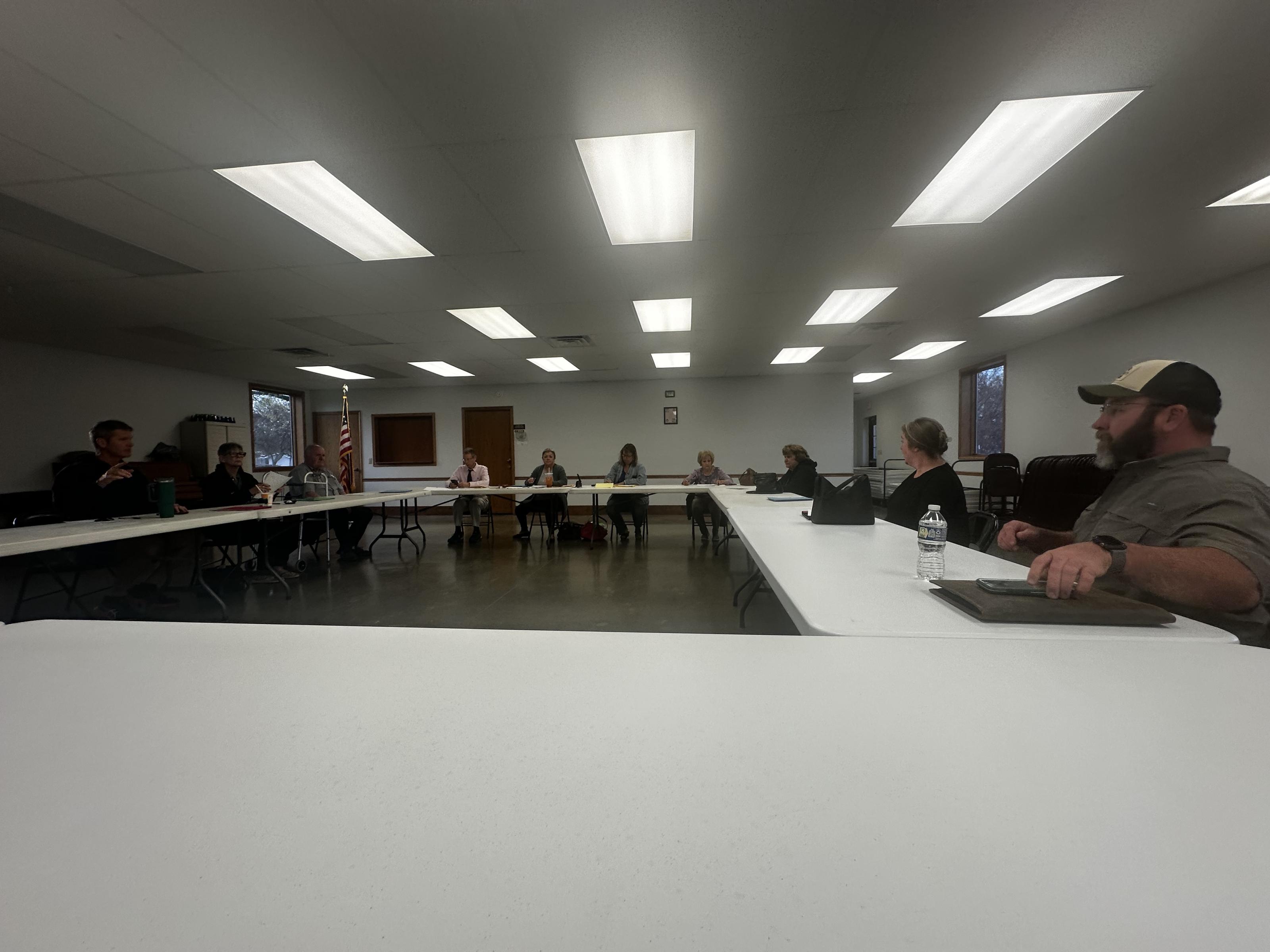NEW YORK (AP) — A veteran tabloid publisher was expected to return to the witness stand Tuesday in Donald Trump’s historic hush money trial.
Prosecutors and defense attorneys in opening statements Monday painted competing portraits of the former president — one depicting him as someone who sought to corrupt the 2016 presidential election for his own benefit and another describing him as an innocent, everyday man who was being subjected to a case the government “should never have brought.”
David Pecker, the National Enquirer’s former publisher and a longtime friend of Trump’s, was the only witness Monday. He is expected to tell jurors Tuesday about his efforts to help Trump stifle unflattering stories during the 2016 campaign.
Prosecutors say Pecker worked with Trump and Trump’s then-lawyer, Michael Cohen, on a “catch-and-kill” strategy to buy up and then spike negative stories. At the heart of the case are allegations that Trump orchestrated a scheme to bury unflattering stories about his personal life that might torpedo his campaign.
Prosecutors say Trump obscured the true nature of those payments in internal business documents.
He has pleaded not guilty to 34 felony counts of falsifying business records. Though he faces up to four years in prison if convicted, it’s unclear if the judge would decide to put him behind bars.
Before testimony resumes Tuesday, the judge will hold a hearing on prosecutors’ request to sanction and fine Trump over social media posts they say violate a gag order prohibiting him from attacking key witnesses.
The case is the first criminal trial of a former American president and the first of four prosecutions of Trump to reach a jury.
Currently:
— Key takeaways from the opening statements in Donald Trump’s hush money trial
— Key players: Who’s who at Donald Trump’s hush money criminal trial
— The hush money case is just one of Trump’s legal cases. See the others here
— Trump’s $175 million bond in New York civil fraud judgment case is settled with cash promise
— Without cameras to go live, the Trump trial is proving the potency of live blogs as news tools
Here’s the latest:
Donald Trump is charged with 34 counts of falsifying internal Trump Organization business records. But prosecutors made clear they do not want jurors to view this as a routine paper case.
Prosecutor Matthew Colangelo said Monday the heart of the case is a scheme to “corrupt” the 2016 election by silencing people who were about to come forward with embarrassing stories Trump feared would hurt his campaign.
“No politician wants bad press,” Colangelo said. “But the evidence at trial will show that this was not spin or communication strategy. This was a planned, coordinated, long-running conspiracy to influence the 2016 election, to help Donald Trump get elected through illegal expenditures to silence people who had something bad to say about his behavior.”
Two journalists covering Donald Trump’s hush money trial were removed and expelled on Monday for breaking rules prohibiting recording and photography in the overflow room, where reporters who can’t get into the main courtroom watch the proceedings on large screens, according to court officials.
One of the banned journalists had previously been warned for violating the rules during jury selection.
Uniformed court officers have been making daily announcements reminding reporters of the rules. Signs posted in the overflow room and around the courthouse make clear that photography and recording are not allowed.
Donald Trump’s hush money trial will adjourn early on Tuesday in observance of Passover. Judge Juan M. Merchan plans to end court proceedings at 2 p.m. for the holiday.
Prosecutors on Monday made history as they presented their opening statements to a jury in the first criminal trial against a former U.S. president, accusing Donald Trump of a hush money scheme aimed at preventing damaging stories about his personal life from becoming public.
The dueling statements painted very different portraits of the man who, before serving in the White House, was best known for being a major real estate developer and his reality TV show, “The Apprentice.”
One depicted him as someone who sought to illegally corrupt the 2016 presidential election for his own benefit and the other described him as an innocent, everyday man who was being subjected to a case the government “should never have brought.”
Brought to you by www.srnnews.com
























